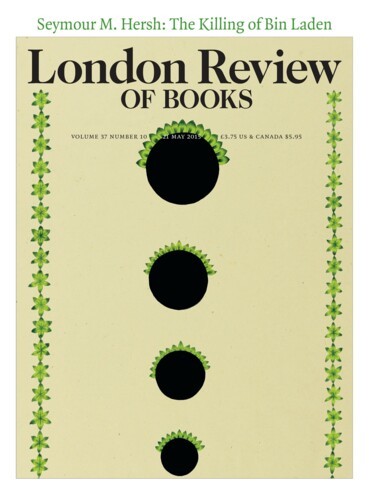Pissing in the Snow: Dissidents and Scientists
Steven Rose, 18 July 2019
As a young researcher applying for a US visa to go to a conference in the mid-1960s, I presented myself at the fortress-like embassy in Grosvenor Square and ticked the boxes affirming that I was not nor ever had been a member of the Communist Party and did not intend to attempt to overthrow the US government by force. But then I was summoned backstage into a private office, where I faced a...




